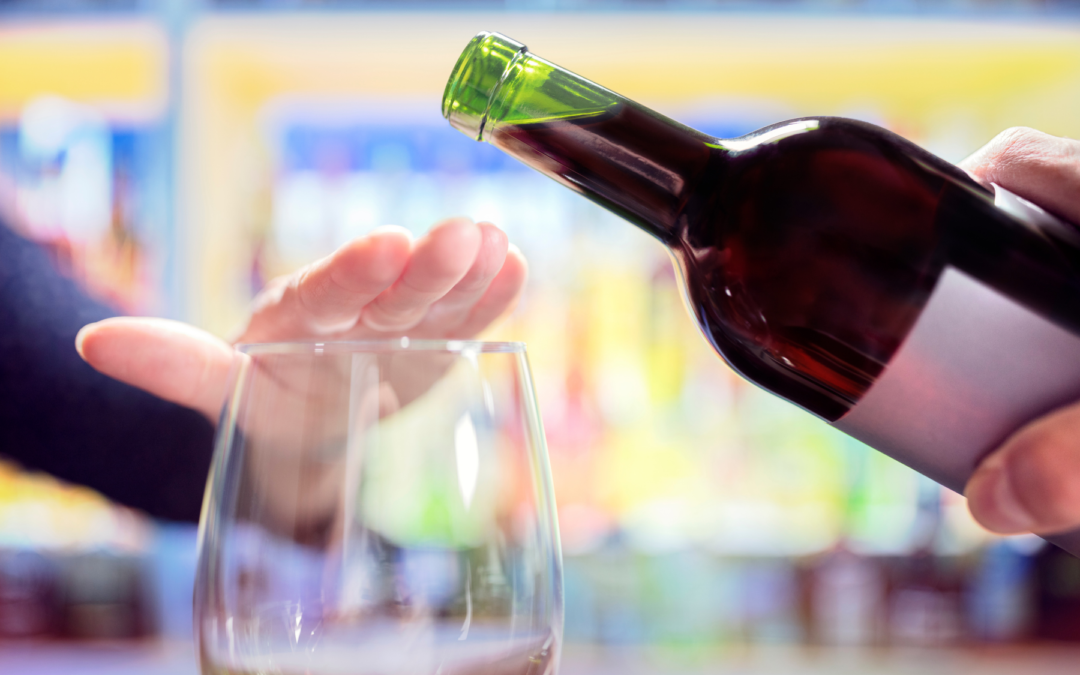Author: Katie Barber
I never thought that I had a problem with drinking. There were no interventions, nobody had expressed concern. In fact, a lot of people in my life drank far more than I did.
The reason I felt like I wasn’t an alcoholic (and therefore did not need to get sober) was that I only drank half the year. When depressed, alcohol felt like it was slowing me down too much. I already struggled to get out of bed. If I managed to revive myself enough to socialise in the evenings I definitely didn’t feel like a drink. Even on Christmas.
But in hypomania, alcohol felt like a calming balm. Hypomania makes me feel agitated and irritable. Sometimes I feel as excited as I did when I was a kid and I was waiting for people to arrive at my birthday party. Sometimes I feel high like I’ve taken drugs. I feel it in my whole body.
Alcohol stops the unpleasant hypomania symptoms but in the process it removes the small amount of rationality that was holding me back from acting out some of the worst ideas I’ve ever had in my life. It only takes a little bit of alcohol to affect my rationality so much that I am almost completely out of control. Heavy drinkers already feel shame over their behaviour, and I felt heaps of shame the day after a bender.
The worst things I have said and done, I have done whilst drunk and hypomanic.
I call a bipolar ‘crash’ what happens if I’ve indulged in hypomania and have started to come down into a depression, without making an effort to slow down. For me crashes are like the emotional equivalent of a car crash. The pain they cause feels intolerable. When sober, I can get through these crashes by distraction and just trying to get through each hour as it comes. When drunk, a crash can put me in the emergency room. I’m unable to put the pain into perspective.
The only times I’ve truly, truly felt like I wanted to die were whilst I was drunk and crashing. Imagine if I lost my precious life because I was drunk and unable to cope with the pain bipolar causes me, it’s not worth the risk.
Then there is the anxiety the next day, common for all drinkers, not just people with bipolar. I already deal with terrible anxiety on a good day. I also have sensory problems and I’m highly sensitive to smells, lights and sounds. I put myself in a state of jarring hyper-sensitivity in a hangover. Which can be easily soothed with alcohol, and the merry go round begins again.
I don’t know why it took me so long to work out that alcohol was wrecking my routine, my self care, my stability and my life. Perhaps it’s something to do with how normalised alcohol is my (British) culture. It’s normal to go out and ‘get messy’ here regularly. People laugh about the hangovers and the drunken antics.
It wasn’t easy to get sober, it meant that I had to find other ways to deal with my hypomania. But once I started to realise how good I feel without alcohol, I noticed that the thought of drinking makes me feel unsafe.
I realised that for me, a big part of the appeal of drinking was that it masks how uncomfortable I am when socialising. I find it tiring and difficult. But why enter those social situations in the first place? I don’t have to go to parties and bars. I’m much happier doing one to ones over a morning coffee with friends. Going to the pub with your mates or family is such a central part of British culture, but it’s not part of the life that I want.
I enjoy my life sober more than I ever have. I love being healthy. I love having the energy to get through piles of books and cook complicated meals. I love connecting and listening to people properly when I see them instead of spouting out some drunken rant. (Once you go sober, you realise that drunk people can be kind of boring.)
For me, being sober is the most important part of my bipolar wellness plan and stability. I no longer feel like I am in parts, being held together by a thread. Recovery from alcohol is one of the best decisions I ever made.
The content of the International Bipolar Foundation blogs is for informational purposes only. The content is not intended to be a substitute for professional medical advice, diagnosis, or treatment. Always seek the advice of your physician and never disregard professional medical advice because of something you have read in any IBPF content.


